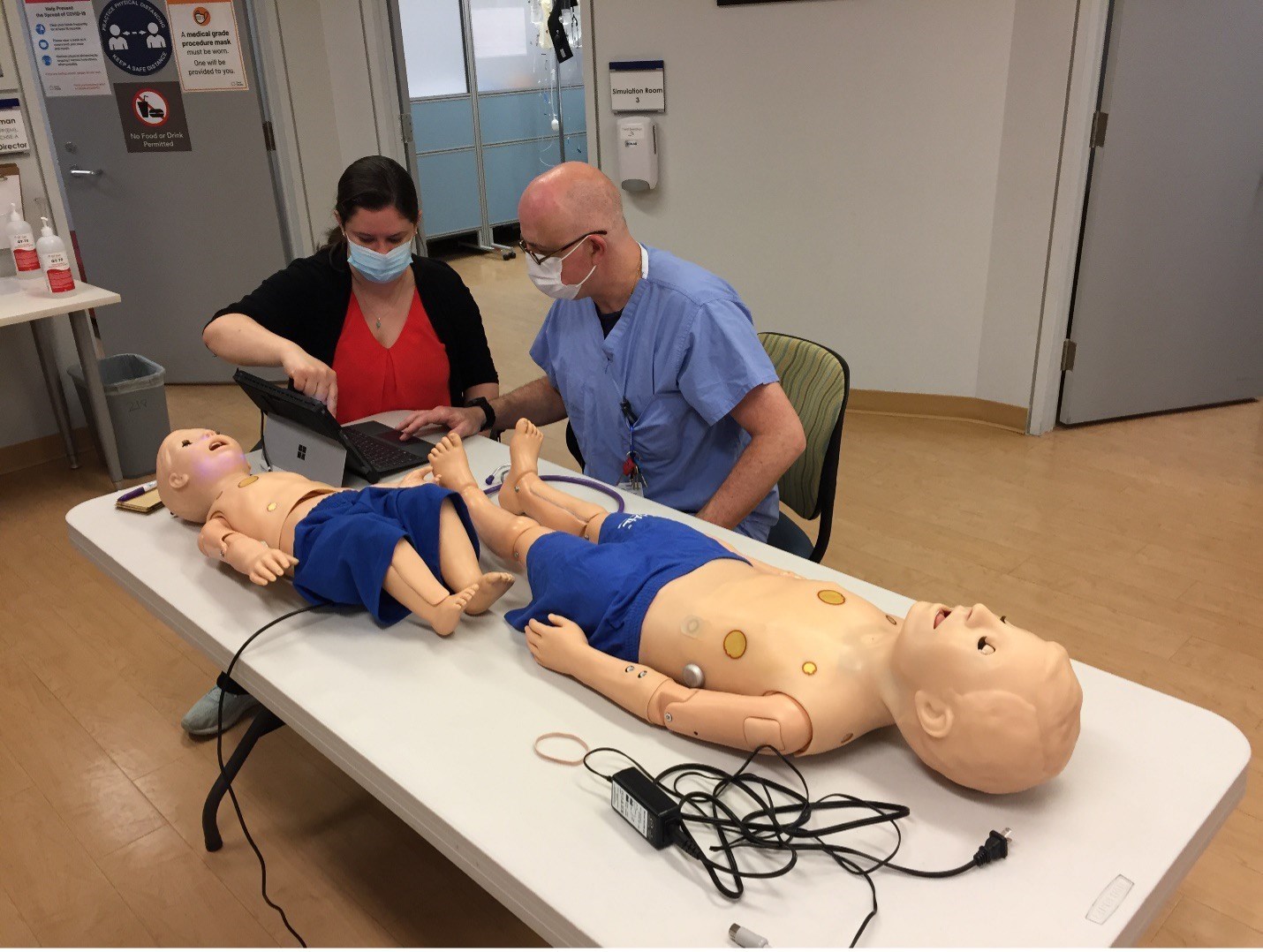Research Institute Against Digestive Cancer (IRCAD) / Institute of Image-Guided Surgery (IHU), Strasbourg, France
New Master Program in Image Guided Therapy: Surgical Science and Innovation Technology
An IRCAD partnership is inspiring and growing the next generation of medical innovators with the launch of their Master program in Imaged Guided Therapy at IHU IRCAD, Strasbourg University.
Interventional radiology and percutaneous surgery are 2 more minimally invasive fields that use the digital image to precisely and uniquely direct interventions. These interventions guided by various imaging modalities are truly minimally invasive and have become mainstays in the treatment of postsurgical complications and are assuming a greater role in the treatment of digestive diseases and cancers.
As a result, in many cases, interventional procedures are becoming the treatment of choice as they offer a minimally invasive alternative to invasive surgery without the associated morbidity and mortality.
This 2-year Master program will stress the utility and importance of ultrasound in the workflow of the digestive surgeon and radiologist where it can become—along with CT and MRI—the eye of the practitioner to see and target the patient’s disease. The program covers the entire spectrum of diagnostic surgical and interventional radiology.
The curriculum is designed for trainees (radiologists or surgeons) to acquire the principles and advanced techniques in abdominal interventions in adults. These include image guided biopsies, central venous catheter insertion, percutaneous and endoscopic hybrid biliary interventions, percutaneous gastrostomy and jejunostomy, percutaneous abscess drainage and biopsy, percutaneous tumor ablative therapies and chemoembolization.
As with all the IHU Masters programs, didactic content will be presented online by world experts using the unique interactive web platform of the IHU. Hands on practice will take place on site utilizing the IHU’s state of the art training platform and clinical experience will also be a part of the education and will be obtained either at the IHU or at the student’s home institution.
The IGT program provides multidisciplinary training in all aspects of percutaneous surgery and interventional radiology.
This 2-year curriculum is designed for surgeons, radiologists, gastroenterologists, and any practitioner involved in image-guided interventions and tumor ablation therapies.
The program is committed to encouraging trainees to gain expertise through a maximum of hands-on experience by performing complex procedures in our research training facilities and hybrid ORs.
Who should Apply? Surgeons, Radiologists, Critical Care Physicians, Emergency Physicians, Internists, Primary Care Physicians. Twenty students accepted annually.
Requirements: Only open as continuing training (no resident)
Logistics: 2-year program
Location: IHU in Strasbourg France
Application Deadline: The 2022 Courses are now in progress—please contact Agnes Gronfier, agnes.gronfier@ihu-strasbourg.eu, for more information.





